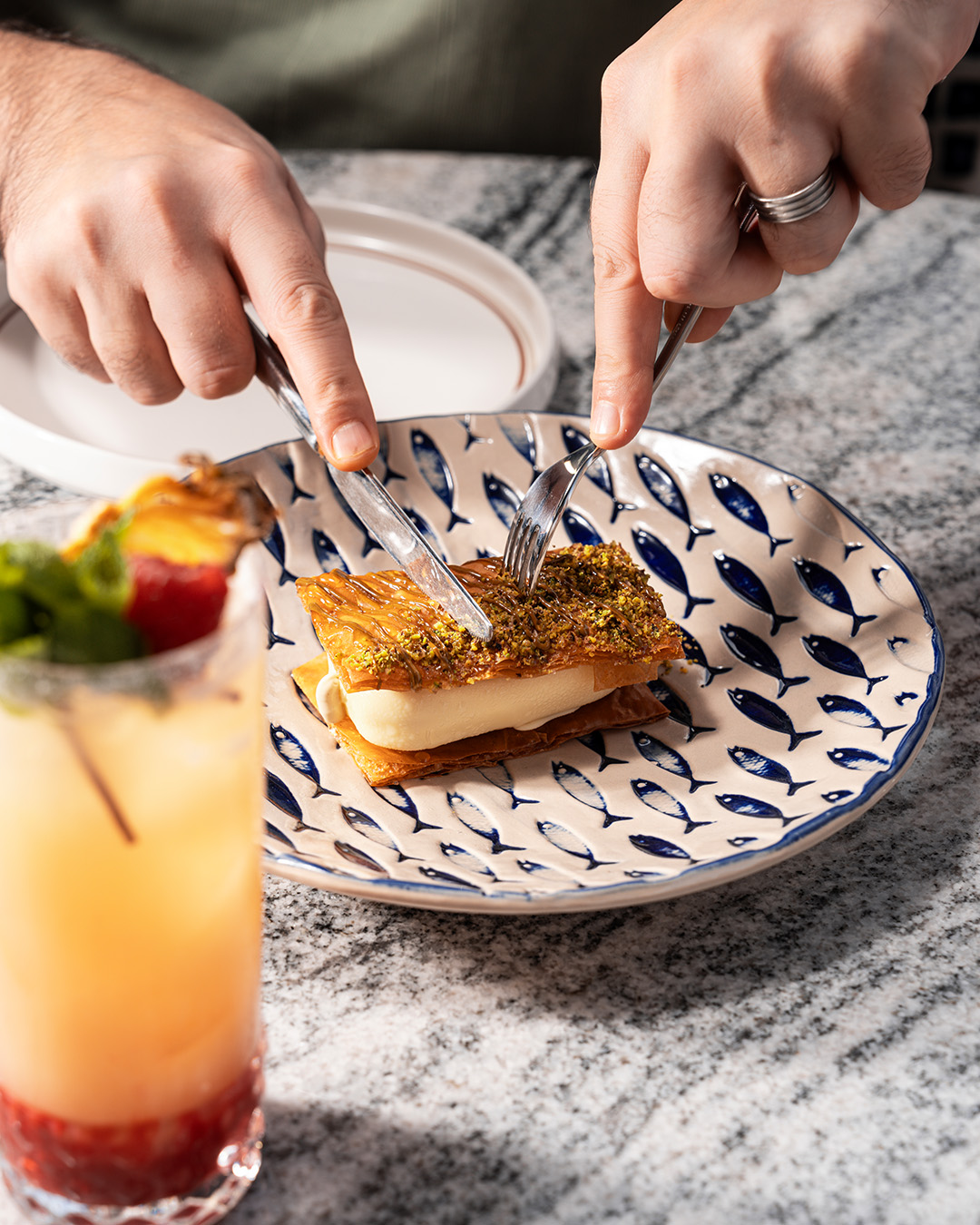
More people these days follow special diets for health, religion, or personal choices. This means that when planning a meal with others, it’s important to think about what they can or cannot eat. A thoughtful approach to dietary needs can make a business lunch more comfortable and respectful for everyone involved.
Asking About Preferences:
Before the lunch, it’s helpful to ask your guest if they have any food restrictions. Some might avoid gluten, dairy, or meat, while others might keep kosher or halal. Simply asking shows that you care about their comfort. It also helps avoid any awkward moments when the menu doesn’t have suitable options.
Choosing the Right Restaurant:
Picking a place with a wide variety of choices is a smart way to handle different diets. Many restaurants now offer vegetarian, vegan, gluten-free, and allergy-friendly dishes. Some even label their menus clearly, making it easy for guests to find meals they can enjoy. A restaurant that welcomes diverse diets shows respect for today’s many food needs.
Being Flexible with the Menu:
Sometimes the best plan is to stay open when ordering. If you’re unsure about your guest’s preferences, choosing simple dishes that can be easily adjusted is helpful. For example, salads without cheese or dressings on the side let people customize their meal. Flexibility helps keep the focus on the conversation, not the food.
Respecting Personal Choices:
Some people follow diets by choice, and that’s important to respect. Avoid questioning or commenting on someone’s eating habits. Business lunches are about building trust and connection, so treating everyone’s choices with kindness keeps the meal positive.
Handling Special Requests Smoothly:
If a guest has allergies or needs a meal prepared in a certain way, let the restaurant staff know. Most places are used to special requests and will be happy to help. Making these small adjustments quietly lets the lunch continue without distraction.
Creating a Comfortable Space:
When dietary needs are considered, everyone can relax and enjoy the meal. This comfort helps the conversation flow naturally and shows that you value the person you’re meeting. Paying attention to food preferences is a simple way to build respect and understanding.
After the lunch, keeping track of your guest’s preferences can be useful for future meetings. Remembering these details shows attentiveness and thoughtfulness, which can strengthen business relationships over time.


